GLA provides geotechnical and geoenvironmental engineering and geologic services for a wide range of commercial, infrastructure, mining, and other civic and private-sector projects across the United States and internationally. Our highly qualified professionals provide customized solutions to enable the most efficient use of geotechnically and geologically challenging sites through application of advanced techniques and proven practice leadership. Scopes of our services are carefully planned and are designed to provide our clients with dependable, useful, and cost-effective solutions. Our services are tailored for each client and regulatory environment to meet aggressive design, construction, and approval schedules. Our design and construction oversight projects are supported by our in-house geotechnical testing laboratories, civil design and environmental professionals, and field services personnel.
.
Advancing the State of the Practice
GLA’s geotechnical engineering group is led by Neven Matasovic, PhD, PE, GE and William McCormick, PG, CEG. In addition to their decades of hands-on practical technical experience, project management and company-wide engineering leadership roles, our leaders advance the state of geotechnical, geoenvironmental, and engineering geology practice through the use of innovative design and research and development in collaboration with leading universities. Recent topics include development of models for evaluation of stresses and strains in composite liner systems during seismic events, development of nonlinear effective-stress site response analysis models, and contributions to seismic design of municipal solid waste and hazardous waste landfills through back-analysis of case histories and advanced testing of difficult to sample and test geomaterials. Dr. Matasovic is an active contributor to Federal Highway Administration (FHWA)-sponsored research projects and has co-authored technical guidance documents for FHWA and the Transportation Research Board of the National Academies. Recently (in 2024), he completed the National Academies-sponsored project titled Guidance on Seismic Site Response Analysis with Pore Water Pressure Generation (https://www.trb.org/Publications/Blurbs/183198.aspx). Mr. McCormick has been involved in numerous high profile geologic/geotechnical projects, and is a nationally recognized landslide expert. He has been awarded Honorary Member status with the Association of Environmental and Engineering Geologists (AEG) for his contributions to the engineering geologic practice.
Dr. Matasovic and Mr. McCormick lead a team of focused geo-professionals, which includes 8 California-Registered Geotechnical Engineers (GEs) and 11 Certified Engineering Geologists (CEGs), along with dozens of support staff personnel.
For further information, contact:
Our geotechnical and geoenvironmental engineering and geology services include:
- Site Investigations
- Geohazards Evaluations (landslides, faults, liquefaction, erosion, soft ground)
- Earth retaining structures and excavation support
- Earthquake engineering
- Ground improvement
- Geohazard mitigation
- Emergency geohazard risk assessment/emergency response
- Slope monitoring
- Foundation engineering (shallow and deep)
- Water retention, conveyance, and infiltration systems
- Geotechnical laboratory services
- Beneficial redevelopment of Brownfield sites
- Forensic engineering/expert witness testimony
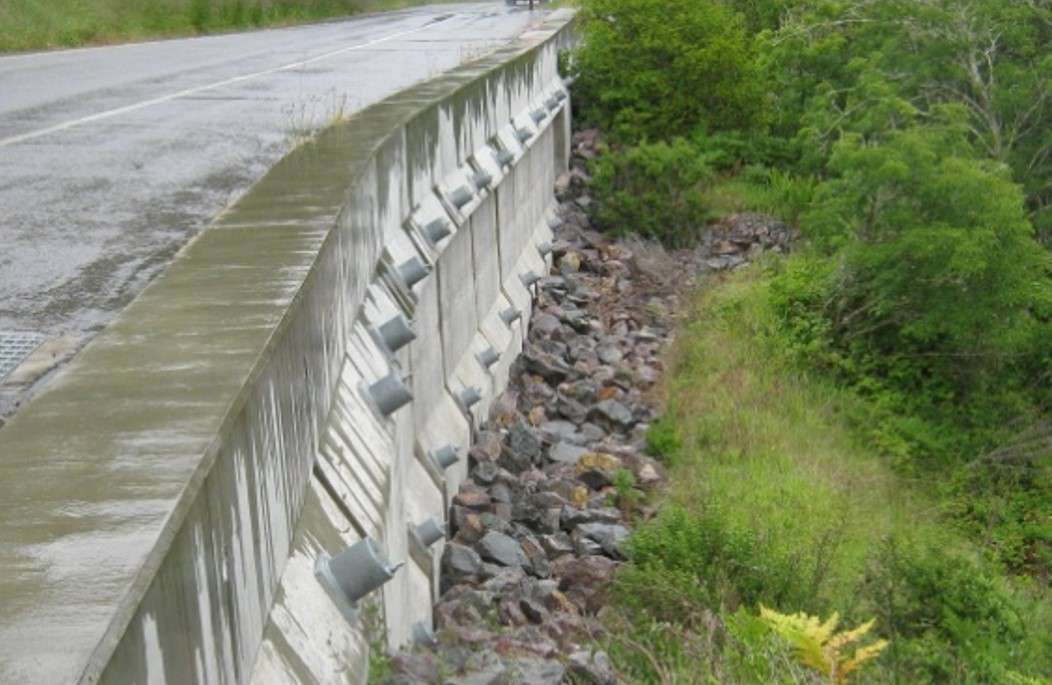
Earth retaining structures and excavation support
GLA performs pre-design, design, construction supervision, permitting, and performance monitoring of earth retaining systems for all types of development (e.g., infrastructure, commercial, public and private developments, landfills). This includes both static and seismic analysis, structural detailing, and drainage design in support of construction of gravity and Mechanically Stabilized Earth (MSE) retaining walls, conventional lagging and tieback soldier pile walls, and excavation stabilization by soil nailing and/or by rock bolts and anchors. Our staff routinely use specialty engineering software (e.g., SRWall, MSEW, LPILE) as well as general-purpose engineering software (e.g., FLAC). GLA’s geotechnical engineers have designed up to 60-ft high MSE walls at landfills and for linear infrastructure.
.
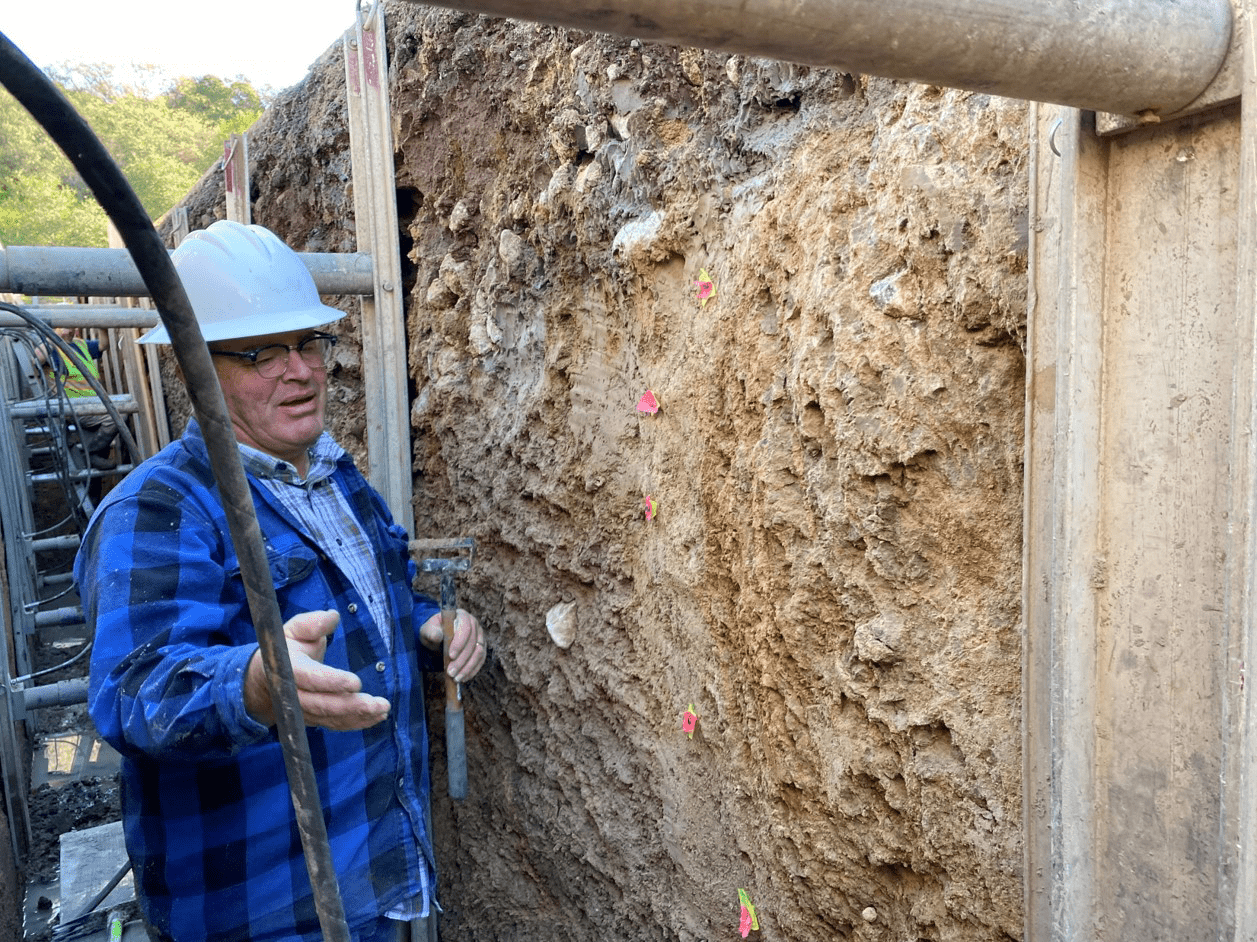
Earthquake engineering
GLA provides earthquake engineering services for a wide range of critical projects across the United States and internationally. Our expertise applies to a host of project types, such as dams, levees, solid and hazardous waste landfills and Superfund sites, pipelines, transportation infrastructure, vertical construction, critical lifelines, and more. Project services encompass geologic, paleoseimic, and geotechnical engineering investigations; development of seismic design criteria; evaluation of regional and site seismicity; site response and seismic deformation analyses; soil liquefaction analyses; evaluation of seismic performance; designs to withstand seismic loading (including dams and appurtenant structures and foundations for buildings, bridges, and other structures); site reconnaissance and emergency risk assessment following earthquakes; and ground vibration assessments.
Practice specialties include:
- Site characterization
- Seismic hazard analyses
- Soil liquefaction evaluation
- Site response analyses
- Seismic stability and deformation analyses
- Paleoseismic evaluations
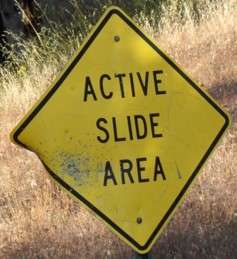
GEOHAZARD RESPONSE, EVALUATION, AND MITIGATION
A geohazard is a geological condition that may lead to widespread damage or risk of damage. If these conditions are not properly assessed and mitigated, natural disasters such as landslides, earthquakes, and floods could prove disastrous. The Geo-Logic team includes nationally-recognized geologic experts.
Typically, an investigation in support to geohazard mitigation would begin with assessment of geologic and hydrogeologic conditions, including structural geology/geologic modeling, stratigraphy, land slide characterization and potential risk assessment, groundwater conditions, fault location and activity, and local and regional seismicity. Our geologists effectively use drones and Global Positioning System (GPS) units to accurately assess bedding, faulting and folding in formations surveyed, as well as extent and characteristics defining parameters of landslide complexes. Data generated during the investigation is reviewed and used by GLA’s geotechnical engineers and engineering geologists to characterize hazards and further develop site models for a variety of applications, including modeling of fault rupture propagation, assessment of slope stability, and siting of critical infrastructure using value-added, risk-based, practical and useful solutions.
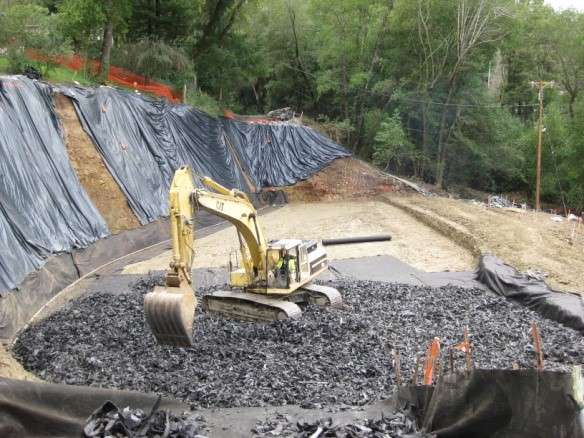
Foundation engineering and ground improvement
Our geotechnical infrastructure and foundation practitioners work on difficult and challenging sites where the development of dependable and cost-effective foundations is critical to the success of the project. They have designed numerous shallow and deep foundation systems in non-routine and problematic soils such as municipal solid waste (MSW) and have developed and implemented soil improvement measures against compressible, liquefiable, expansive, and collapsible soils. GLA is an active industry partner with the “Center for Bio-mediated & Bio-inspired Geotechnics” at Arizona State University (ASU) (https://cbbg.engineering.asu.edu/).
.
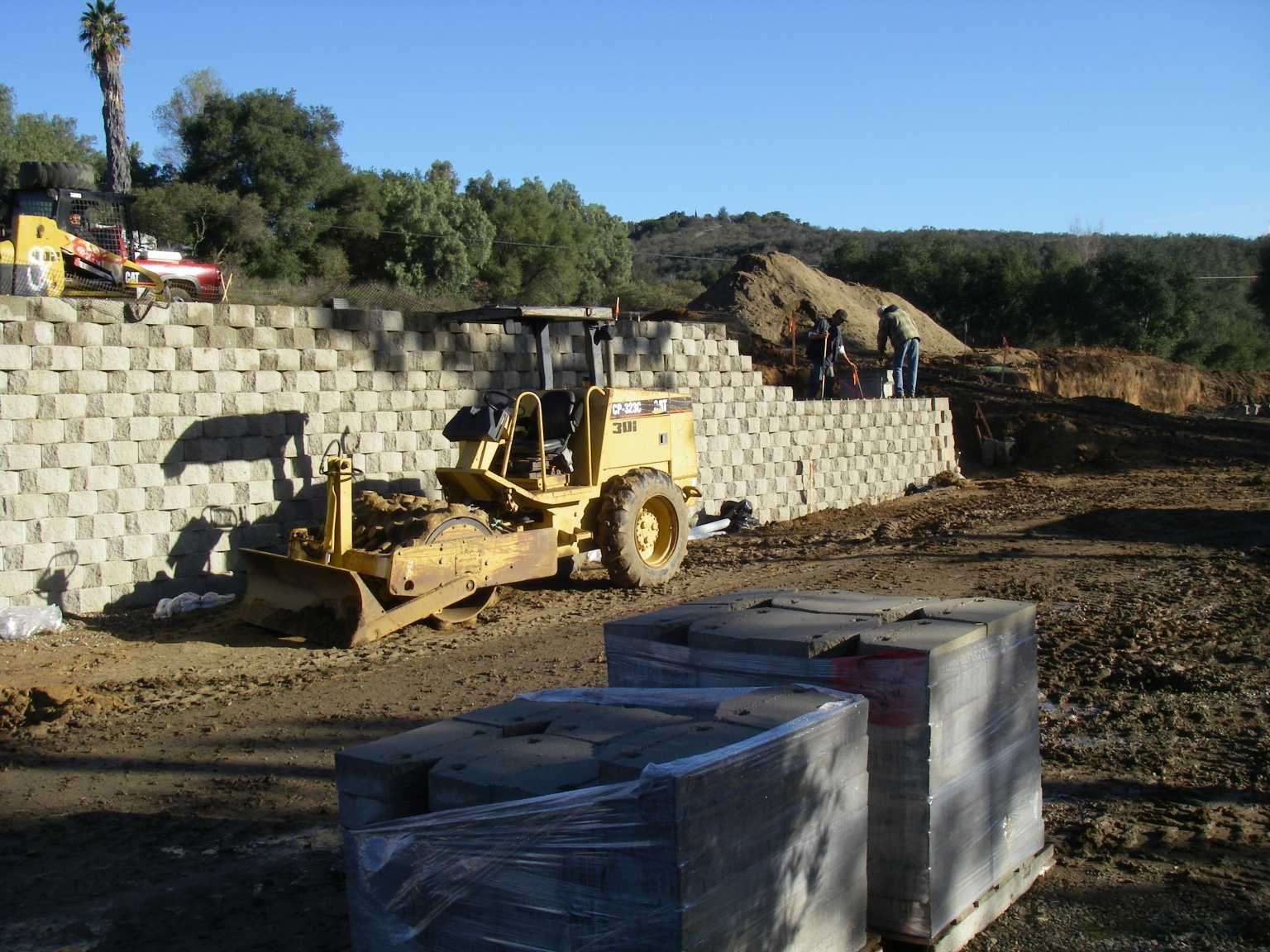
Geotechnical laboratory services
GLA operates four full-service geotechnical testing laboratories. Specialized capabilities of GLA’s in-house laboratories include geosynthetic component testing, geosynthetics-soil interface testing, and unsaturated soil testing. GLA laboratories fulfill in-house needs and support a wide range of public and private clientele from local construction companies to multinational mining companies. Testing is conducted using modern equipment and in accordance with the latest testing standards.
The success of GLA’s laboratories is a direct result of the ability to provide the highest quality, experienced testing services. Our laboratory managers include licensed professional engineers with advanced degrees in geotechnical engineering. All equipment is maintained and calibrated annually in accordance with our internal Quality Assurance Program. The American Association of State Highway and Transportation Officials (AASHTO), Cement and Concrete Reference Laboratory (CCRL), US Army Corps of Engineers (ACOE), and Geosynthetics Research Institute (GRI) have certified our laboratories.
Geotechnical laboratory services include:
- Soil classification
- Moisture-density relationships
- Soil shear strength (direct and triaxial)
- Hydraulic conductivity
- Moisture retention
- Geosynthetics/soil-geosynthetics interfaces
- Amended soil
- Concrete, masonry, mortar and grout
- Asphaltic concrete tests
- Custom/specialized field testing
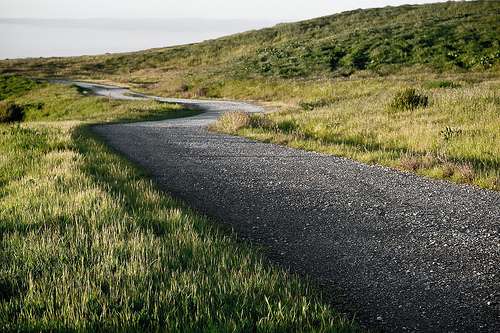
Beneficial redevelopment of brownfield sites
Beneficial redevelopment of brownfields sites, including roads, golf courses, parks, and various commercial construction over former landfills and contaminated sites, is often feasible and is increasingly common. Development for brownfield sites commonly involves overcoming significant engineering and construction challenges, such as settlement-mitigating or settlement-tolerant foundations, gas mitigation, groundwater protection, and use of safe site work practices. Brownfield site work also typically requires performance assessments of existing sites and compliance monitoring of closed sites. GLA plans and performs brownfield investigations, develops mitigation measures and closure design, and facilitates permitting of such sites. GLA personnel have participated in over 200 highly successful brownfields projects and have co-authored subject guidance documents, including the U.S. Environmental Protection Agency (EPA) seismic design guidance for municipal solid waste landfills (RCRA Subtitle D (258): Seismic Design Guidance For Municipal Solid Waste Landfill Facilities) and the 11th Peck Lecture Paper: Pre-Design Geotechnical Investigation for the OII Superfund Site.
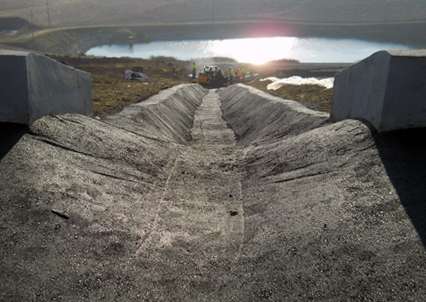
Water retention, conveyance, and infiltration systems
Utilizing our expertise in geotechnical, geology, and geoenvironmental engineering, foundation engineering, water resources management, and environmental management, GLA provides a full range of innovative services for new and existing dams, dikes, reservoirs, levees, and water conveyance and infiltration systems. Our practitioners respond to unique technical and environmental challenges facing federal, state, municipal, industrial, and private owners and operators to create site-specific solutions that are efficient, cost effective, and enduring.
